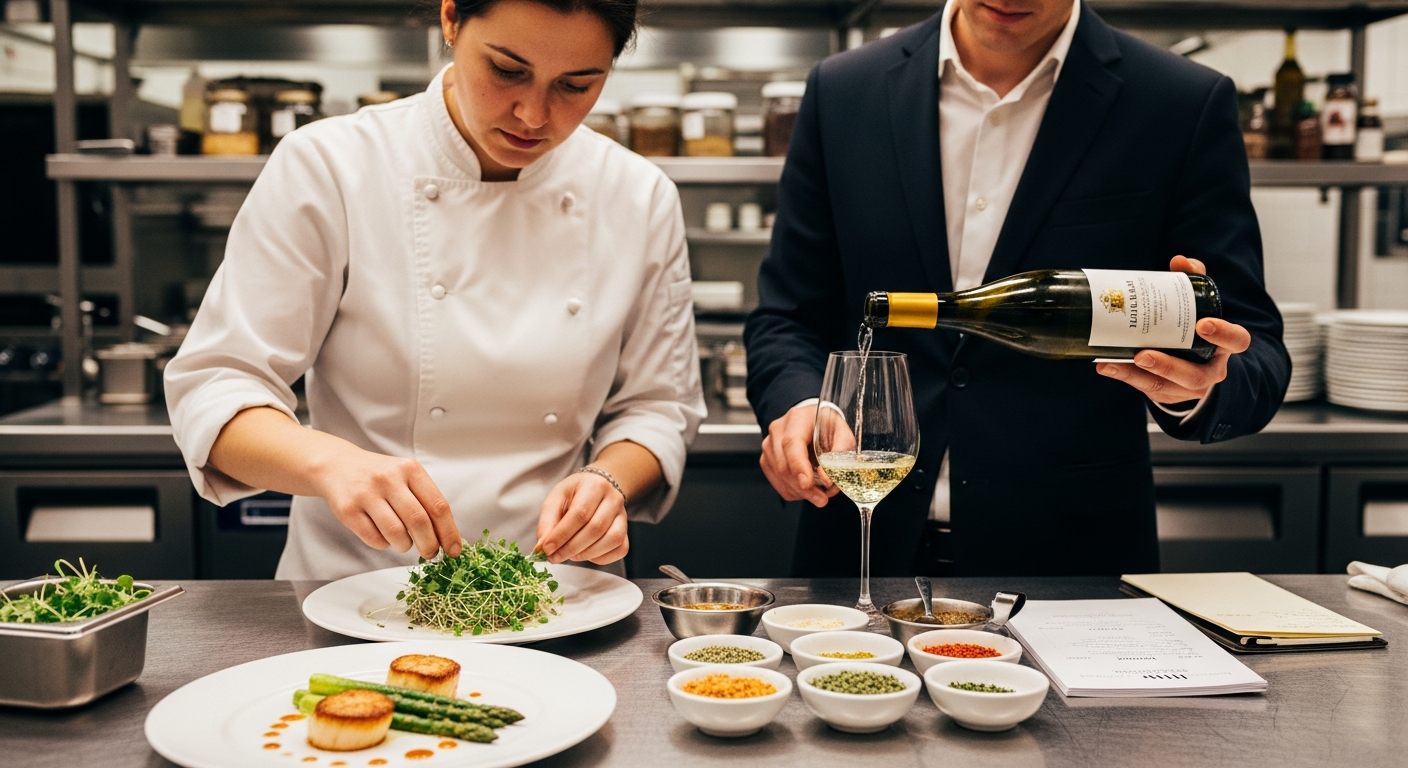Exploring the World Through Gastronomic Tourism
The tantalizing aroma of sizzling street food, the clinking of wine glasses in a rustic vineyard, the vibrant colors of exotic produce in bustling markets – these are the sensory delights that await gastronomic tourists. As travelers increasingly seek authentic, immersive experiences, culinary exploration has emerged as a powerful way to connect with local cultures and create unforgettable memories. This growing trend of gastronomic tourism is transforming the way we travel, offering a feast for the senses and a deeper understanding of global cuisines.

Beyond the Plate: Cultural Immersion Through Food
Food is intrinsically linked to culture, history, and tradition. By engaging in gastronomic tourism, travelers gain insights into a destination’s heritage, social customs, and way of life. Whether it’s participating in a traditional tea ceremony in Kyoto, learning to make authentic paella in Valencia, or exploring the spice markets of Marrakech, these experiences offer a window into the soul of a place. Gastronomic tourists often find themselves connecting with locals on a deeper level, fostering cross-cultural understanding and appreciation.
The Economic Impact of Culinary Travel
The rise of gastronomic tourism has had a significant economic impact on destinations worldwide. Local food producers, artisans, and small businesses often benefit from the increased interest in regional specialties. Many cities and regions have begun to develop food-centric tourism strategies, organizing food festivals, culinary tours, and cooking classes to attract visitors. This trend has also led to the preservation and revival of traditional cooking methods and ingredients that might otherwise have been lost to time.
Sustainable and Responsible Gastronomic Tourism
As with any form of travel, there’s a growing emphasis on sustainability in gastronomic tourism. Many culinary travelers are now seeking out farm-to-table experiences, supporting local producers, and learning about sustainable food practices. This shift towards responsible food tourism not only benefits the environment but also helps preserve local food cultures and traditions. Some destinations are even using gastronomic tourism as a tool for rural development, encouraging visitors to explore lesser-known regions and support small-scale food producers.
The Future of Food Travel: Tech-Enabled Culinary Experiences
As technology continues to shape the travel industry, gastronomic tourism is also evolving. Mobile apps now guide food enthusiasts to hidden local gems, while virtual reality experiences allow potential travelers to preview culinary destinations before booking. Social media platforms have become powerful tools for showcasing local cuisines and inspiring food-focused travel. Looking ahead, we can expect to see more personalized culinary itineraries, AI-powered food recommendations, and innovative ways to share and document gastronomic adventures.
Savor the Journey: Essential Tips for Gastronomic Tourists
-
Research local dining etiquette to avoid cultural faux pas
-
Venture beyond tourist hotspots to discover authentic local eateries
-
Consider food tours or cooking classes for in-depth culinary experiences
-
Be open to trying unfamiliar dishes and ingredients
-
Learn a few food-related phrases in the local language
-
Visit local markets to experience the vibrant food culture firsthand
-
Document your culinary journey, but be respectful of local customs regarding photography
-
Pack digestive aids and any necessary medications for food sensitivities
Gastronomic tourism offers a unique lens through which to explore the world, turning every meal into an adventure and every destination into a feast for the senses. As this trend continues to grow, it promises to reshape the travel landscape, offering more immersive, authentic, and delicious experiences for those willing to follow their taste buds around the globe. Whether you’re a seasoned foodie or simply curious about global cuisines, embarking on a culinary journey can add a whole new dimension to your travels, creating memories that linger long after the last bite.






